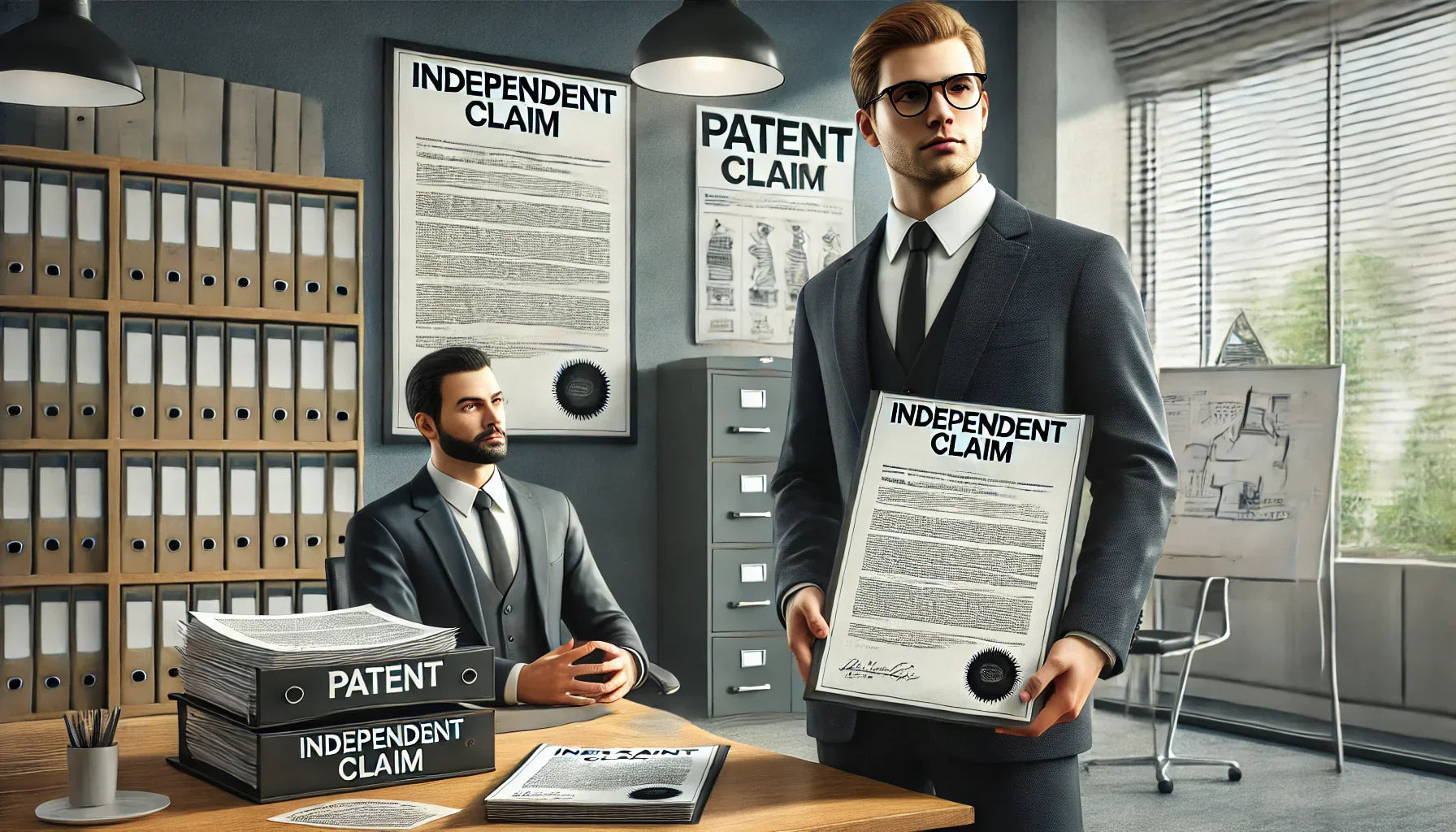|
In short, the length of time which patents are valid depends on the type of patent. However, for utility patents, the most common type of patent, the patent is valid for 20 years from the time of filing.
There are five general categories of patents 1) Non-Provisional Utility Patents, 2) Provisional Utility Patents, 3) Design Patents, 4) Plant Patents, and 5) PCT Patents. All patent types grant the inventor “the right to exclude others from making, using, offering for sale, or selling the invention throughout the United States” *. The right to exclude is quite broad and is meant to “enable the patent owners to recoup the manufacturing costs and obtain an ROI in the development of the patented technology.” *. The protection offered by patents is generally longer in duration than copyrights because it grants the inventor a virtual monopoly over their invention.
Given the broad scope offered by patent protection, an inventor may wonder how long their patent is valid (AKA, how long can they exclude others from making, using, or selling the invention). The sections below will briefly introduce what subject matter each type of patent protects and how long each type is valid for.
Provisional and Non-Provisional Utility Patents The most common patent type is a utility patent, which protects “any new and useful process, machine, article of manufacture, or compositions of matters, or any new useful improvement thereof.” *. The first type of utility patent is a provisional utility patent. A provisional utility patent “only lasts for one year and gives the inventor an opportunity to conduct more research or finish the invention before filing a non-provisional patent application.” *. This patent type is less complicated and expensive than a non-provisional patent application. The second type of utility patent is a non-provisional patent. In contrast to a provisional patent, a non-provisional utility patent is more complicated and expensive but it “can issue into an enforceable claim.” *. For all non-provisional “utility patents filed on or after June 8, 1995,” the patent is valid “for 20 years from the application filing date.” *. The filing date refers to the date that the inventor submitted the patent application to the USPTO. Importantly, the patent protection clock starts ticking as soon as an application, regardless of whether the application was for a provisional or non-provisional patent.
Design Patents A design patent protects any “new, original, and ornamental design for an article of manufacture.” *. For all design patent applications filed on or after May 13, 2015, a design patent is valid “for the term of fifteen years from the date of grant.” *.
Plant Patents Plant patents protect offers protections to “anyone who invents or discovers and asexually produces any distinct and new variety of plant.” *. Similar to utility patents, plant patents are valid “20 years from the date of filing the application.” *.
PCT Patents Unlike the other types of patents discussed in this article, PCT Patents refer to international patent applications submitted under a document called the Patent Corporation Treaty (PCT). *. The PCT “assists applicants in seeking patent protection internationally for their inventions, helps patent offices with their patent granting decisions, and facilitates access to a wealth of technical information relating to those inventions.” *. Submitting an application under the PCT does not grant the inventor a patent in any particular country. However, by submitting an application, an inventor “establishes a filing date in all contracting states.” *. A PCT application gives an inventor 30 months to decide which country to file into. After 30 months, the duration of patent protection varies depending on the country the inventor choses to file in. (Please click * for source)If you are a startup, small business, or a solo-inventor looking for a high quality & affordable patent or trademark, you've found the right place. Miller IP Law offers transparent and affordable options specifically designed for your business goals. Grab a strategy meeting to kick things off! |
 About the Firm... About the Firm... Miller IP Law is a firm that focuses on small businesses, startups, and entrepreneurs/solopreneurs. We’re easy to use. We offer affordable pricing that’s transparent and flat-rate. We focus on the little guys who actually need our help. If you’d like an attorney on your team, simply schedule a Zoom call, and we’ll take care of the rest. Top Blog Articles1. Cheapest Way To Get A Patent 2. How Long Does It Take To Get A Trademark?  Want to chat more about this topic, or got a burning question? Take advantage of instant chat and send us a direct message

Find Us On LinkedIn |
About Our Firm…
Miller IP Law is a group of attorney's, based out of Mountain Green, Utah, who are excited to help you build your business and further innovate market places and economies. Please consider looking at our services, billed at flat rate, and be sure to grab a free strategy session to meet with us!
Get weekly stories and information about protecting intellectual property with our e-mail Newsletter today!
Need To Get In Touch With Us?➡Schedule A Free Strategy Session Today… |
|
Flat Fee Pricing
Straightforward for Patents and Trademarks
|
Patent Application |
Trademark Application |
Copyright Application |









